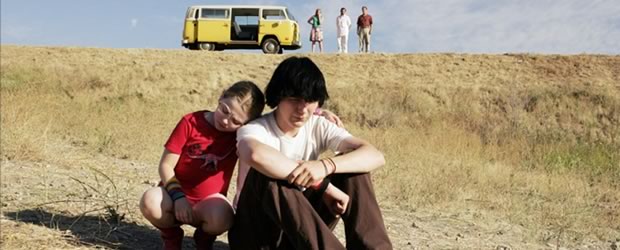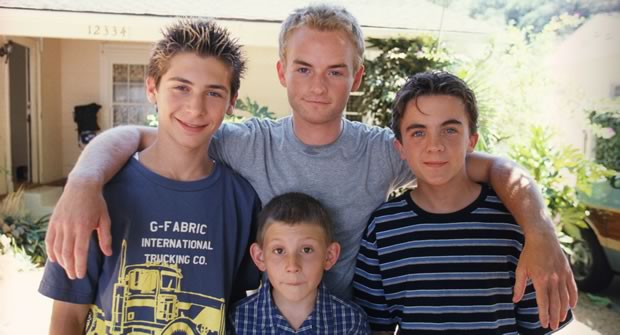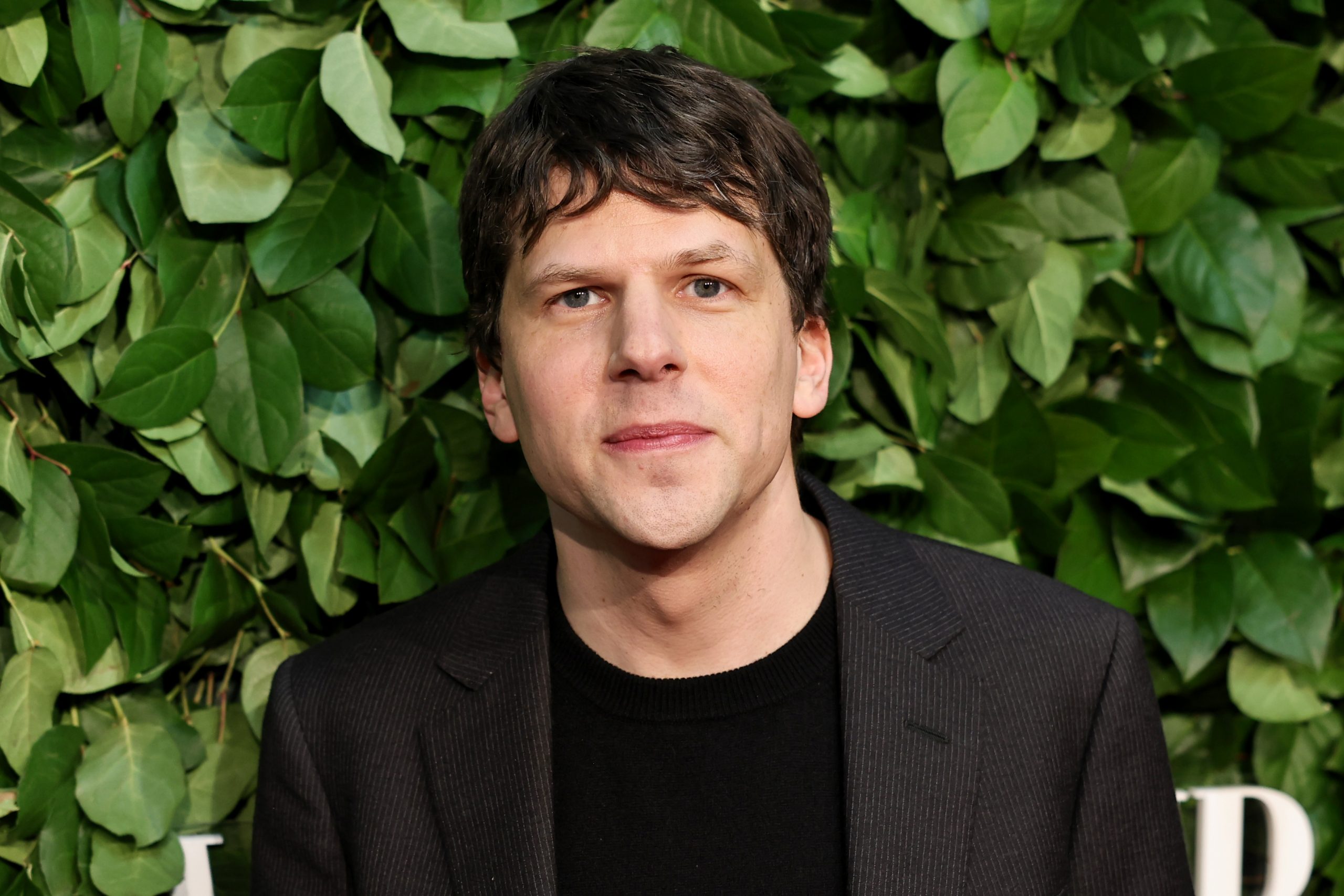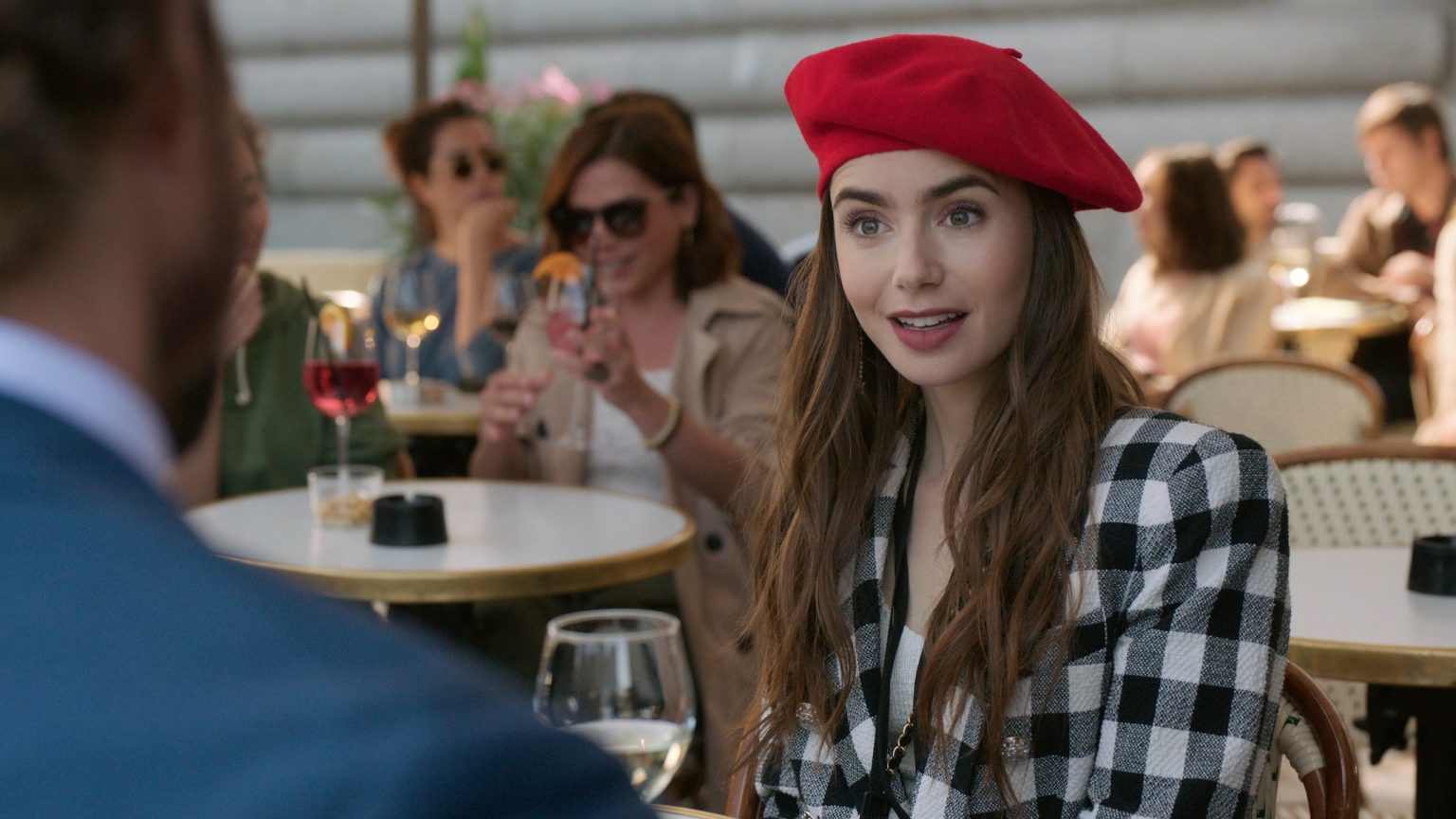When I was told “ behold, your little brother was born I remember being particularly upset. Sorry, what, what child? He wasn’t even funny and he couldn’t do anything in particular (except howl) (the sucker) yet everyone, my father, mother and sister, seemed to find him quite wonderful – there was a big mystery.
Things started badly between us and yet, today, my brother and my sister are among the people I love most in the world (but also among those with whom I can fry a lot), and this bond Here, this matter of siblings , who questions me: what can we say about the bonds between brothers and sisters? Do our brothers and sisters influence our lives? Does our place in siblings matter?
In an article for the magazine Brain and Psychothe psychologist Jürg Frick tackles the topic and gives us some keys to better understand the bonds between brothers, sisters… and their parents.

Brothers and sisters: essential bonds
We often hear that what matters, what messes us up or what saves us, is our relationship with our parents. You know what ? Brothers and sisters (and we’re not just talking about those with whom we share “blood ties”) are just as important! Like our parents, they are “social agents”, people with whom we interact regularly, who mark us, who contribute to making us who we are, who participate in the construction of our identity.
Whether we like it or not, our brothers have an imprint on who we are and on our lives: the experiences, difficulties, feelings, reactions we have shared have built a strong bond, even if not necessarily positive.
For Frick, the relationships between brothers and sisters are particularly marked by ambivalence: they are allies and points of reference, but also competitors and limiting factors.

Jürg Frick points out that there is no “non-relationship”, “non-impact” of brothers and sisters: a bad relationship, or the absence of a relationship are also forms of relationship, and they say something about our family, from the U.S.
Regularly, children of siblings are compared to only children: are some happier than others? It would seem that there is not much difference between only children and others. Only children do not have more difficulties, they are neither more nor less successful, they are also satisfied with their lives…
Does sibling status matter?
Our brothers mark us, and we can even go further: even our position among brothers would have an influence on us.

In 1997, Franck Sulloway collected information on 10,000 Americans and analyzed it based on the siblings’ positions.
The researcher notes a difference between the eldest and the youngest: according to his observations, the former would generally tend to be more obedient, more reasonable, and the younger would be more rebellious towards the family, more open to new experiences, and they would the will to win their place. The “middle” children, on the other hand, would be more diplomatic – which would come from their double hats: they are both big and small.
For Sulloway, every child would occupy a “niche” in the family: he learns how to get his parents’ attention, how to behave… If the eldest can build his own niche, however, the children born after him must build themselves in front of this elder and adapt your niche according to his.
For example, if the first child is cheerful and outgoing, the next child will have two options: conform and try to surpass the first child (become even more cheerful and outgoing), or take on another role (become lonely).

The animated series Daria is a good example of the mechanism. Daria, the eldest, appears intellectual and antisocial and, on the contrary, Quinn, the younger sister, appears superficial and hypersocial. The example is caricatured, but you get the idea!
As a result, this pattern predominates in many families: one child is perceived as an intellectual, the other as an athlete. One as a daredevil, the other as a coward. In his article, Jürg Frick explains that one could describe this phenomenon of opposition as ” disidentification » ; some children born into the same family are built in opposition to each other.
To back up his thesis, the author points out that when identical twins raised together and identical twins raised separately are tested, the former have results that differ more than the latter!

More often than not, parents attribute these differences to issues of character, personality, and can be persuaded that they raised all of their children the same. But it’s an impossible mission: every child is born in a different time, has a different life, different interactions. When a second child is born, the parents are not the same as when the first was born!
In short, every child is educated in a more or less different way, tries to build his own identity, and does so “in relation” to his brothers and sisters, with or without blood ties.
Jealousies and rivalries
If you have siblings, you surely know that relationships are sometimes far (far) from the long quiet river – we are not the Lannisters of game of Thronesbut things can get worse. We can be jealous, feel in competition, not like the choices of our elders and our younger ones.
If things don’t get out of hand and they don’t overdo it, those feelings are healthy. On the other hand, when jealousy and misunderstanding take up too much space, the relationship can be a source of suffering and devastating (especially in the case of physical and psychological violence).

Sometimes the problem is not in the relationship between siblings, but in the relationship between parents and children: a child can feel neglected, preferred or compared too much…
For parents, the danger would be to make awkward comparisons between their children. with some” your brother, him “, from the ” follow your sister’s example parents risk not only hurting their children, but also damaging the relationship that exists between brother(s) and sister(s).
Finally, fraternal relationships are essential and extremely complex. They mark us, they train us, they can help us or hurt us… So better to take care of them!
For further…
- Jürg Frick’s article for Brain and Psycho
- A card of social Sciences on the large family
- A CAF study on blended families
Source: Madmoizelle
Mary Crossley is an author at “The Fashion Vibes”. She is a seasoned journalist who is dedicated to delivering the latest news to her readers. With a keen sense of what’s important, Mary covers a wide range of topics, from politics to lifestyle and everything in between.




